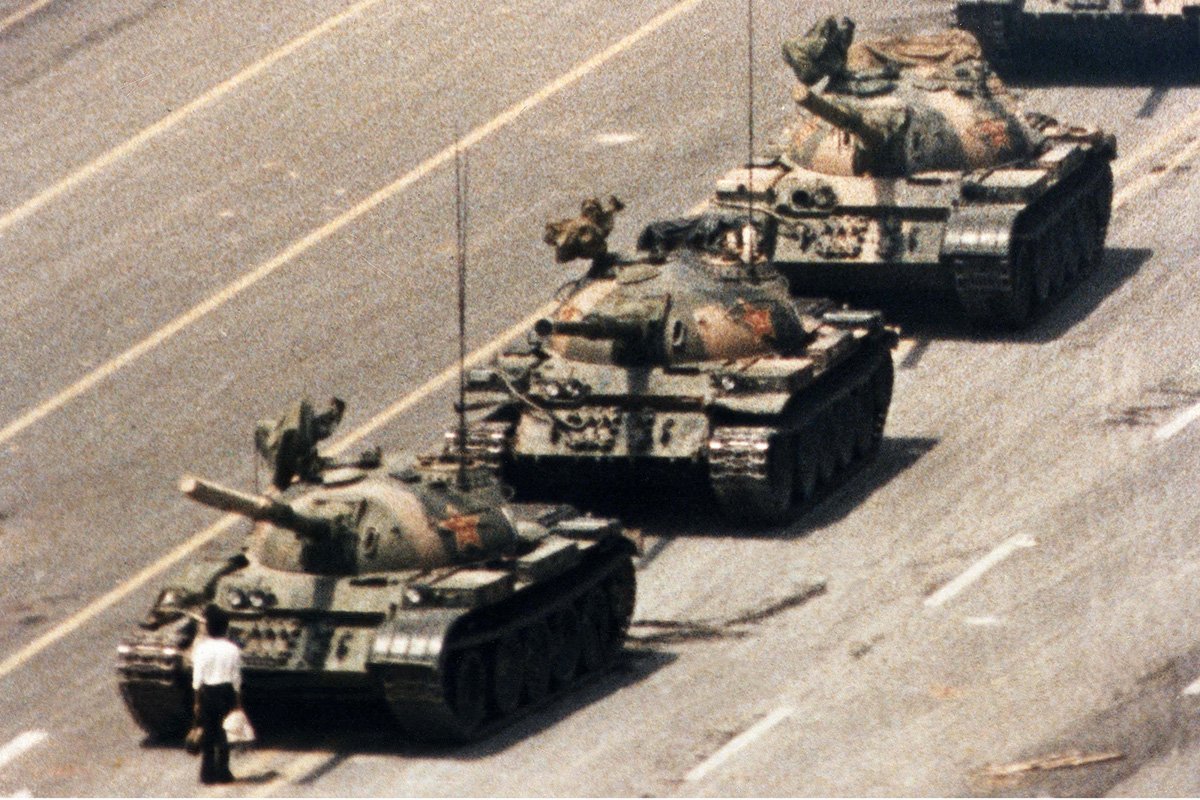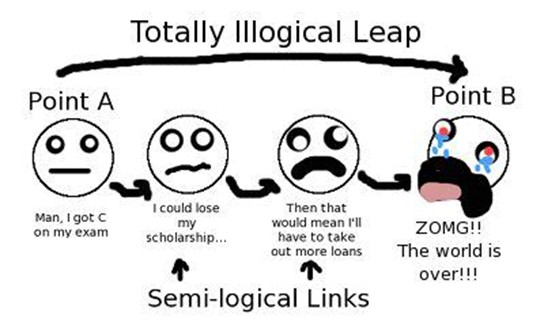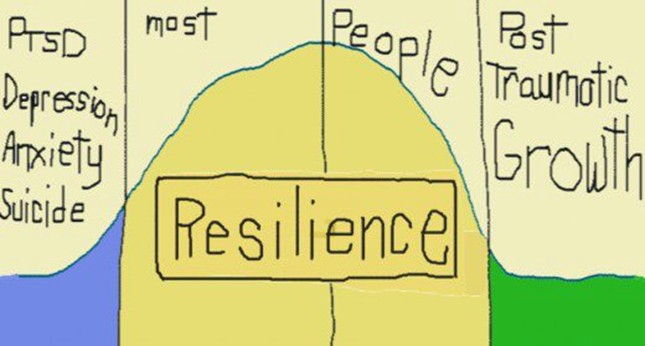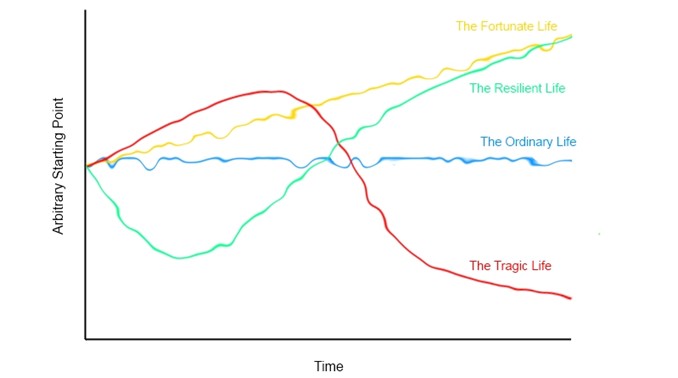.The most powerful force you can control is your own outlook on life. Therefore, you must equip yourself with the right attitude or mindset. As Kahlil Gibran has said, “Your living is determined not so much by what life brings you, as by the attitude you bring to life; not so much by what happens to you, as by the way your mind looks at what happens.”
So the question is, what is your outlook on life? Are you optimistic, thinking that life is good and only expecting good things to happen? Or are you pessimistic, thinking that life is bad and only expecting bad things to happen? Or are you an optimist-pessimist, believing that life is both good and bad, but eventually good will prevail?
Equip Yourself with Tragic Optimism
Ancient wisdom agrees that you need to have a tragic sense of life. As Jesus said, “In this world you will have trouble” (John 16:33). The first noble truth of Buddhism is that life is full of suffering. Every single life has been, is, and will be touched by tragedy. Thus, having a tragic sense of life offers you the best preparation for the inevitable tragedies of life.
Viktor Frankl’s tragic optimism shows that even when faced with the tragic triad of pain, guilt, and death, one can still be optimistic. Extending this concept, Wong (2009) has identified five interrelated threads that make tragic optimism an unbreakable rope of hope. These five elements are: acceptance of the bleak reality, affirmation of the value and meaning of life, self-transcendence (altruism), faith in God and others, and the courage to face adversity. Particularly, self-transcendence—or living for something or someone greater than yourself—enhances wellbeing and meaning in life for both yourself and others in both good and bad times.
However, it is courage that is the essential component tying everything together. Aristotle has said, “Courage is the first of all the virtues, because it makes all others possible.” Likewise, C. S. Lewis has also said, “Courage is not simply one of the virtues, but the form of every virtue at the testing point, which means at the point of highest reality.” Courage means having the capacity to stand up for what you believe and face fears and dangers unflinchingly, like the students in Tiananmen Square.

It also takes courage to confront and accept yourself in spite of all your limitations. Courage empowers you to expand your hope beyond the walls that confine you. “Life shrinks or expands in proportion to one’s courage,” in the words of Anaïs Nin.
One good example of tragic optimism is the early 20th century figure Helen Keller, who lost her sight and hearing due to a childhood illness, but went on to become the first deaf-blind person to earn a Bachelor’s degree and a successful author, lecturer, and political activist. In her words, “Although the world is full of suffering, it is also full of the overcoming of it.” Although suffering is inevitable, the most effective inoculation is tragic optimism.
What Matters Most is How You React to Adversity
Dieter F. Uchtdorf has said, “It is your reaction to adversity not the adversity itself, that determines how your life’s story will develop.”
There are three common reactions or responses to adversity: (1) catastrophizing — creating unnecessary anxieties and suffering, (2) trivializing — ignoring the real danger and believing in delusions, and (3) assessing rationally — appraising the situation realistically but with a sense of tragic optimism.
The process of catastrophizing includes negative schema and anticipation.

When faced with suffering, tragedy, or trauma, there are three outcomes.

Over time, there are four prototypical life trajectories:

Face Adversity with a Meaning Mindset
Suffering triggers the quest for meaning. “Why” is a universal cry for help!
How can you have a meaning mindset towards the situation? (1) Focus on situational meaning rather than global meaning; (2) seek both causal and existential understanding; (3) develop a meaning mindset as a frame of reference for both positive and negative events, and (4) learn how to make full use of our capacity for meaning-seeking and meaning-making.
However, meaning seeking my be unpleasant. It can pose a challenge to your beliefs, and it can even lead to rumination and depression. There are no answers to the problem of suffering, neither are there answers to the problem of injustice. Thus, Viktor Frankl emphasizes that it is more adaptive to move from “Why” to “How” or “What”.
Meaning-making is an all-purpose tool for effective coping. Our universal capacity for meaning-making is able to protect us against hardships and traumas, and is also able to guides us towards achieving a preferred future. Meaning-making empowers us to endure, transcend, and transform all trials and tribulations. Meaning-making involves both the PURE strategy of flourishing and the ABCDE strategy of overcoming.
Conclusion
Thus, there are three important life attitudes which can empower you to overcome adversity:
- Develop a tragic sense of life as an inoculation against adversity.
- Exercise the freedom to react rationally to adversity.
- Cope with every tragic event through the meaning mindset and your innate meaning-making capacity.
References
- Wong, P. T. P. (2009). Viktor Frankl: Prophet of hope for the 21st century. In A. Batthyany, & J. Levinson (Eds.), Existential psychotherapy of meaning: Handbook of logotherapy and existential analysis. Phoenix, AZ: Zeig, Tucker & Theisen. (Early version available here)
Cite
Wong, P. T. P. (2019, May 14). How do I overcome adversity? Dr. Paul T. P. Wong. Retrieved from http://www.drpaulwong.com/how-do-i-overcome-adversity/
